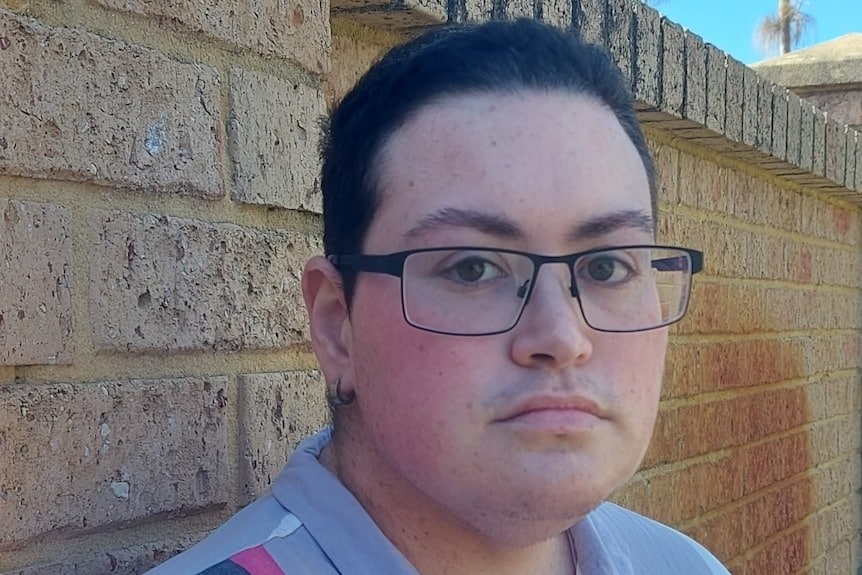Western Australia’s health minister, Amber-Jade Sanderson, has advised the public to avoid private mental health and drug and alcohol rehabilitation facilities until the sector is regulated. The recommendation follows concerns over the lack of oversight in private treatment centers, prompting calls for stricter regulations.
Government’s Plan for Regulation
Sanderson has pledged that if her party is re-elected, regulations will be introduced within the next four years. The announcement comes in response to ongoing criticism regarding the absence of government control over private rehabilitation facilities that do not receive state funding.
An inquiry into Esther House, a Perth-based facility, previously highlighted the issue, revealing that non-government-funded treatment services remain largely unregulated. This lack of oversight has raised concerns about standards of care, patient safety, and treatment effectiveness.
Challenges Faced by Patients
Despite the minister’s warning, former patients argue that avoiding private rehabilitation centers is not always a viable option. Gabriel Osborne, a former resident of Esther House, pointed out the insufficient number of government-funded places, leaving many individuals with few alternatives.
“[Ms Sanderson] says the public shouldn’t use private providers, but what else should they do? Use up hospital beds? Die on the street?” Osborne stated. He co-founded Flying Free, an advocacy group for rehabilitation mistreatment survivors, and has been vocal about the urgency of implementing reforms.
Sarah Dunstall, another former patient, echoed these concerns, stating that long waiting lists for government-funded treatment make private facilities the only accessible option for many. Kalgoorlie’s only government-funded rehabilitation center, for example, reported having over 150 people on its waiting list.

Private Facilities’ Response
Some private rehabilitation centers have responded to the criticism by implementing internal reforms. Adult and Teen Challenge WA, a facility located north of Esperance, faced scrutiny after former residents reported difficulties accessing mental health support.
The organization has since made changes, including staff training in medication management and a new agreement with the counseling provider Collective Hope to improve mental health services. However, Dunstall and others argue that voluntary improvements are insufficient and that formal government oversight is necessary to ensure lasting change.
Ongoing Debate over Regulation
While the WA government has committed to introducing new regulations, survivors and advocates believe action should have been taken sooner. Osborne criticized the delay, stating that survivors had already provided testimony about mistreatment and neglect, yet regulatory gaps persist.
“They asked us to speak up and commended our bravery, and yet they’re still allowing it to happen,” he said.
The discussion surrounding private rehabilitation services in WA highlights the broader issue of mental health and addiction treatment accessibility.









